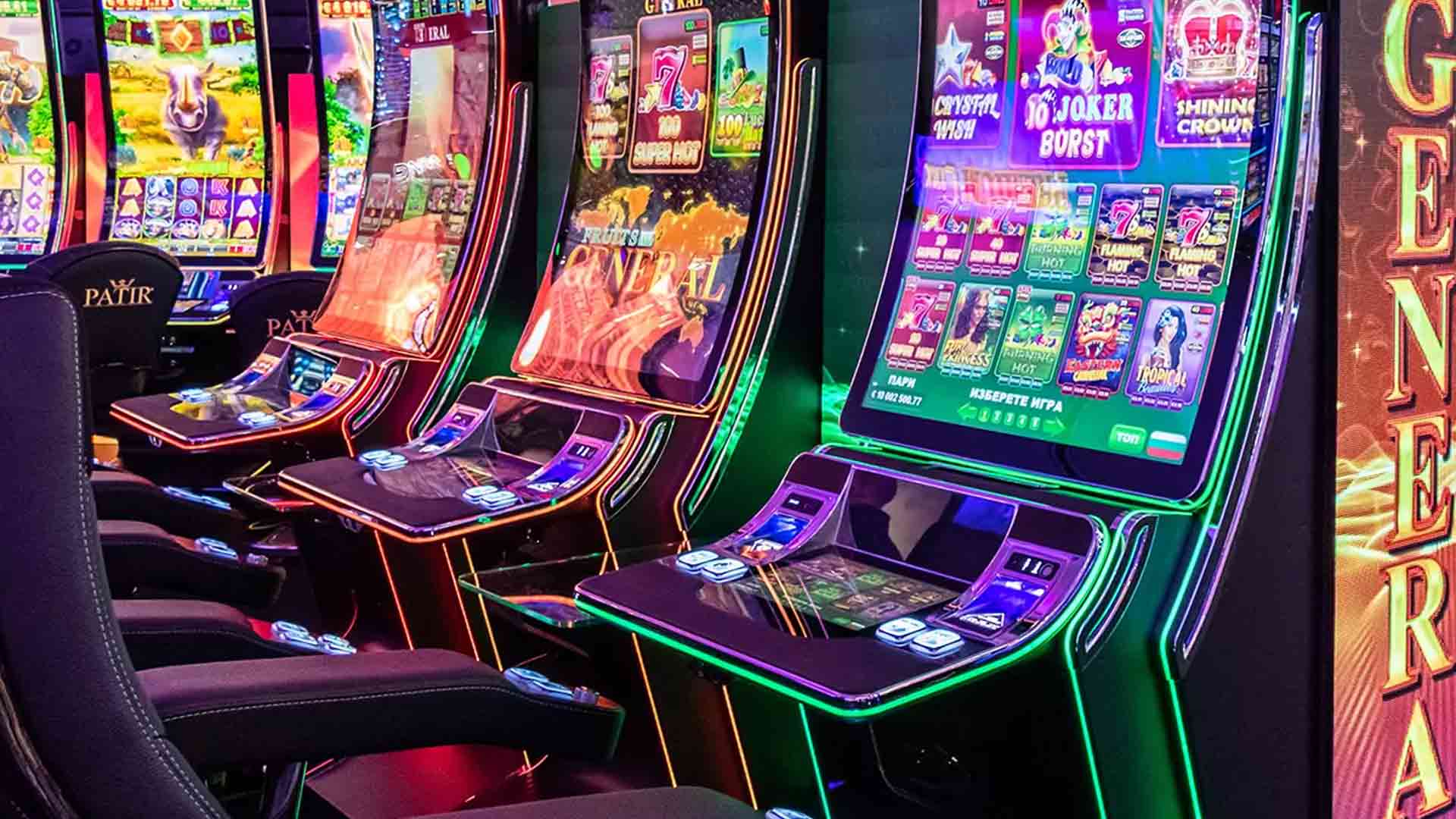Why Casinos Fascinate Historians Too

Why Casinos Fascinate Historians Too
Casinos, often perceived as mere temples of chance and entertainment, hold a surprisingly deep and multifaceted appeal for historians. Beyond the flashing lights and the thrill of the gamble, these establishments are rich tapestries woven with threads of social change, economic shifts, technological innovation, and evolving human behavior. For those who study the past, casinos offer a unique lens through which to examine how societies have functioned, adapted, and sometimes, even fractured.
One of the primary reasons casinos captivate historians is their inherent connection to economic history. The rise and fall of casino empires often mirror broader economic trends. From the early days of gambling dens catering to a select elite, to the massive integrated resorts of today that drive tourism and local economies, casinos have been barometers of prosperity, recession, and the shifting landscape of capital. The legalization of casinos, often a contentious issue, speaks volumes about societal attitudes towards risk, regulation, and the role of government in controlling vice and generating revenue. Examining the economic impact of a casino, both positive and negative, provides invaluable data for understanding economic development, job creation, and the complex interplay between public policy and private enterprise.
Furthermore, casinos are fascinating case studies in social and cultural history. Gambling, in its various forms, has been a part of human civilization for millennia. However, the formalization and institutionalization of gambling within casinos offer a concentrated snapshot of societal norms and values at specific points in time. The types of games played, the etiquette of the gaming floor, and the clientele patronizing these establishments all reveal information about social stratification, class mobility, and the pursuit of leisure. The evolution of casino design, from opulent palaces of the early 20th century to the themed, entertainment-focused complexes of the modern era, reflects changing consumer tastes and the broader cultural aspirations of different eras.
Technological advancements have also played a pivotal role in the history of casinos, making them fertile ground for historians interested in innovation. The introduction of mechanical slot machines, the transition to electronic gaming, and the more recent integration of online platforms and mobile gaming all represent significant technological leaps. These changes not only altered the gambling experience but also had ripple effects on related industries, from computing and software development to marketing and customer service. Historians can trace the adoption and impact of these technologies, understanding how they have reshaped leisure activities and contributed to the broader digital revolution. For those interested in the intersection of technology and entertainment, exploring platforms like m88 sport slot provides insights into the contemporary digital gaming landscape.
The regulatory and legal history surrounding casinos is another area of intense interest for historians. The ongoing debates about licensing, taxation, problem gambling, and crime associated with the industry provide a rich context for understanding the evolution of law and governance. The history of anti-gambling movements, the lobbying efforts of the casino industry, and the judicial precedents set in relation to gambling all contribute to a complex narrative of societal control and individual liberty. Historians can analyze how different jurisdictions have approached casino regulation, revealing insights into their political philosophies and priorities.
Beyond these broad categories, casinos are also micro-histories of human psychology and decision-making. The inherent uncertainty, the allure of potential reward, and the strategies employed by gamblers offer a window into human risk assessment and cognitive biases. The stories of individuals who have experienced extraordinary wins or devastating losses are not just anecdotes; they are powerful illustrations of human aspiration, desperation, and the enduring quest for fortune. Historians can delve into these narratives to understand the psychological dimensions of economic behavior and the cultural significance attached to wealth and luck.
In essence, casinos are not just places to gamble; they are living museums that chronicle human ingenuity, societal evolution, and the enduring human desire for excitement and fortune. For historians, they represent a compelling nexus of economic, social, technological, and psychological forces, offering a unique and often dazzling perspective on the human experience throughout history.
```